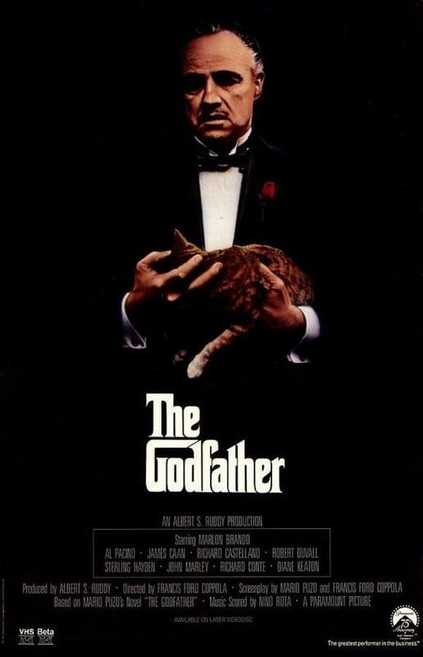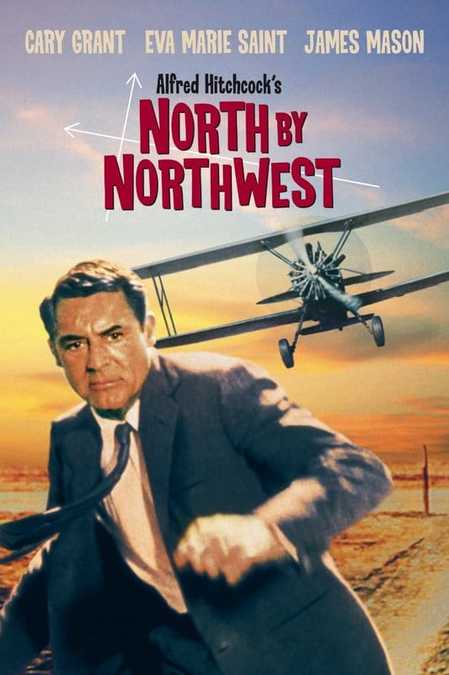|
“I don’t know if we each have a destiny or we’re all floating around, accidental like, on a breeze. But I think maybe it’s both. Maybe both is happening at the same time,” says Tom Hanks as Forrest Gump as he tries to unpick the eternal conundrum of fate verses free will. His ruminations have a lot in common with a struggle writers have when they start a new story, something that was made clear to me recently when I took a class in writing a one-hour TV pilot: is the story character driven or plot driven? Or is it a bit of both? Most of the students seemed to think their stories were a bit of both. But then we watched the openings of four different UK television dramas and the students easily identified which were character driven stories and which were plot driven – then, when they looked at their own stories again, the ambiguity had gone. This distinction wouldn’t have been as easy if I’d shown them ‘Forrest Gump’. A character driven story is defined as a story in which the internal emotional journey of the main character is more important than the external plot. There are many great character driven stories: ‘It’s a Wonderful Life’, ‘The Shawshank Redemption’, ‘American Beauty’ to name a few - but one that stands out is Francis Ford Coppola’s ‘The Godfather’. While the turf war between five competing Sicilian families is important and the choice whether or not to enter the narcotics trade plays a key role, the story is about Michael Corleone. It is Michael’s transition from patriotic war hero to head of an infamous Mafia family that keeps us watching. What Michael, played by Al Pacino, wants at the beginning of the story is to be unlike his family, he makes this explicit to his girlfriend Kay, Diane Keaton, at his sister’s wedding. What Michael needs is to realise the very characteristics that made him go against his family’s wishes and go to war – his sense of duty, honour and integrity - are the very traits that will make him the perfect Godfather above his hot-tempered older brother, Sonny, and his cowardly middle brother Fredo. Sitting at a table in a restaurant in the middle of the film facing the two men who are trying to kill his father he has a choice: walk away and do what he wants to do and not be like his family or do what he needs to do, which is kill them, and start upon the road that will lead him to be the Godfather. Like any story that ends well, he gives in to his need: he stands and shoots them both dead. This ability to define a character’s conscious and subconscious desire clearly isn’t possible with ‘Forrest Gump’ because Forrest Gump seems to want and need the same thing: to be with Jenny – but, as discussed in the first part of this blog, he makes no attempt to be with her and soon after she has acquiesced to be with him, she dies. So is it a plot driven story? A plot driven story is a story in which external events are more important than the main character’s internal, emotional journey: Indiana Jones is the same person at the end of ‘Raiders of the Lost Ark’ as he is at the beginning; Jack Ryan is the same, noble man in every film he appears in no matter which actor is playing him and Miss Marple incisively tracks down killers across decades in TV and film and never once comes to a moment of profound self-revelation. The most pristine example of a plot driven story is Alfred Hitchcock’s ‘North by Northwest’. In it Cary Grant plays Roger Thornhill, a suave New York advertising exec, whose only weakness is his mother. Sitting in a hotel restaurant Thornhill sticks his hand up to attract a waiter’s attention just as a message is broadcast over the PA system asking for a George Kaplan. Two enemy agents, who have been staking out the hotel, think Roger has identified himself as Kaplan. From that moment until the end of the film Thornhill’s life is in danger as he tries to discover who Kaplan is and why everyone seems to think he is Kaplan. He is almost driven off a mountain road, he has to dodge a crop duster that is ‘dustin’ crops where there ain’t no crops’ and in the end he almost slides off Mount Rushmore. But at no point does his conscious and subconscious desires collide and he is the same suave, sophisticated exec at the end pulling Eva Marie Saint into the top bunk as the train they are on penetrates a tunnel, as he was at the beginning. Whilst Forrest Gump is exactly the same person at the end of the film sitting by the bus stop waiting for his son to return from school as he is in the first flashback where he remembers his first pair of shoes, the film has no mystery that needs to be resolved or any danger that need to be eluded. There is no plot. Forrest meanders from one defining moment in US history to another with absolutely no plan. And the film isn’t building up to a particular climax that has been intricately established and developed over the course of its two hour running time. So ‘Forrest Gump’ isn’t plot driven nor is it character driven and it doesn’t fall into that liminal zone that most writers seem to think their stories exist where it’s a bit of both – it is a lot of neither. It is essentially a series of vignettes strung together by Forrest’s love for Jenny. So it shouldn’t work as a story. But on that October evening back in 1994 when I went to see ‘Forrest Gump’ on its opening weekend I was struck by the reaction of the woman sitting next to me. From the moment the feather appears in the opening credits to when it appears again at the end, she was enraptured. Mostly she sat in silence but there were times when she laughed – on seeing the expression on Jenny’s college room-mate’s face as Forrest and Jenny make out on the bed behind her – and there were other times when she cried – when Forrest returns home because his mother is dying or when Lieutenant Dan finally thanks Forrest for saving his life. I thought then, and I still think now, that a story that can sweep someone up so completely that it can make them laugh and cry is quite some story indeed - whether it adheres to a template of what a good story should be or it doesn’t.
1 Comment
23/3/2018 10:55:22 am
Excellent blog....get more traffic my man! Makes me want to go back and watch 2001 again...great stuff. And good luck with the homeless project, the clips I saw were great.
Reply
Leave a Reply. |
ScriptPlayerWriter, reader, pontificator. Archives
May 2023
Categories |


 RSS Feed
RSS Feed